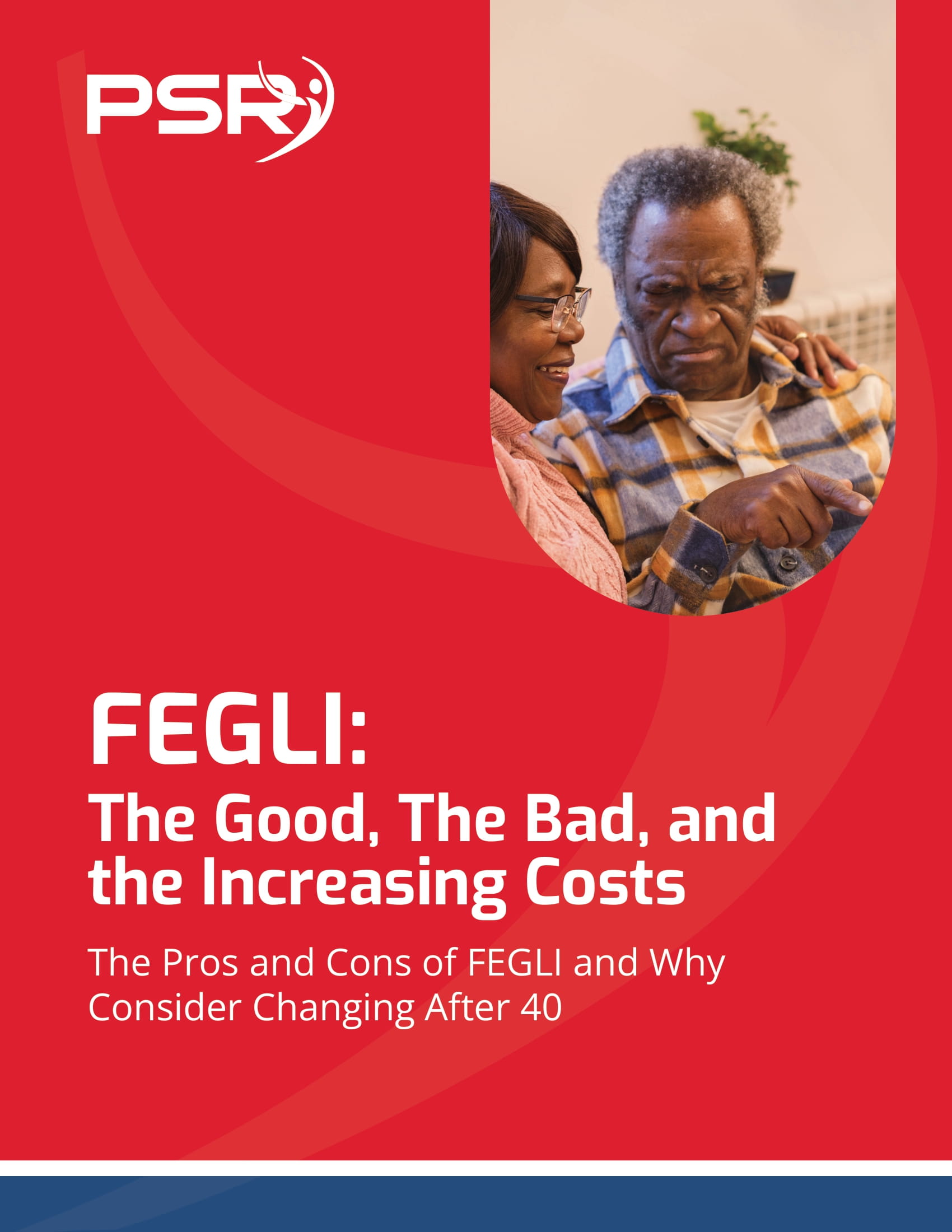LTC (Long-Term Care)
 Long-term Care Insurance (LTC) can be an incredibly valuable tool in planning for retirement. However, the literature shows that most Americans are not as informed about LTC as we should be.
Long-term Care Insurance (LTC) can be an incredibly valuable tool in planning for retirement. However, the literature shows that most Americans are not as informed about LTC as we should be.
- Also Read: Divorce and Your Federal Pension—What Happens When You Split Assets and How It Could Affect Your TSP
- Also Read: What Happens to Your Federal Benefits After Divorce? Here’s the Lowdown
- Also Read: The Best FEHB Plans for 2025: Which One Fits Your Lifestyle and Budget the Best?
Most individuals receive long-term care services in their homes according to the U. S. Department of Health and Human Services. The cost of receiving long-term care varies depending on the type and kind of services one is receiving. The United States Bureau of Labor Statistics, Labor Consumer Expenditure Survey estimated that the national average monthly base cost for assisted living was $3,550 in 2012. Costs for long-term care as a rule do not decrease.
Many families are led to believe that transferring the assets of an elderly family member will immediately qualify them for Medicaid to cover long-term care. According to the Centers for Medicare and Medicaid, the Deficit Reduction Act of 2005 introduced new rules that discourage the improper transfer of assets to gain Medicaid eligibility in order to receive long-term care benefits.
When an individual applies for Medicaid coverage for long-term care, states conduct what is called a review or ‘look-back’ to determine if the individual or their spouse transferred any assets five years prior to the date of Medicaid application.
Medicare generally does not pay for long-term care for help with activities of daily living or other care that most people can do themselves. Activities of daily living include eating, bathing, dressing and using the bathroom. Long-term care insurance is the only type of private insurance that pays for expenses incurred because an individual needs extended care due to an accident or a chronic illness.
The U. S. Department of Health and Human Services estimates that approximately 70% of individuals over age 65 will require some level of long-term care during their lifetime. A comprehensive long-term care plan, in most cases, covers the cost of home care, nursing home care and assisted living.
Although the cost of long-term care is based on age at the time of purchase, the policy and type of coverage selected, if not purchased before age 50, the cost will become more expensive. Even with that caveat, families still should consider carefully evaluating needs against expenses before totally abandoning the idea of long-term care insurance. When examining and assessing affordability and need, it is important to look at must have agenda items versus things that can be given up without sacrificing the quality of life for yourself or loved ones.
P. S. Always Remember to Share What You Know.
RELATED ARTICLES
Financial Advisors and Federal Employees







